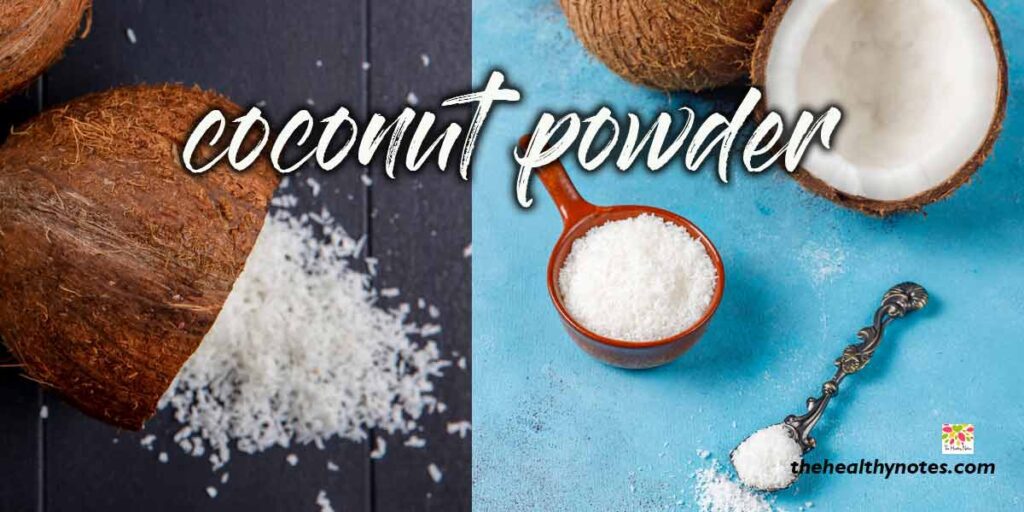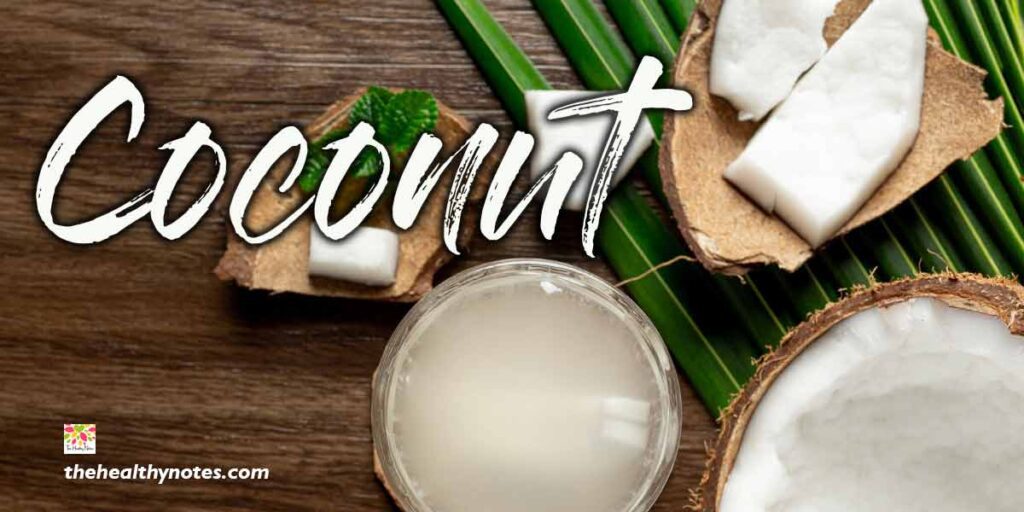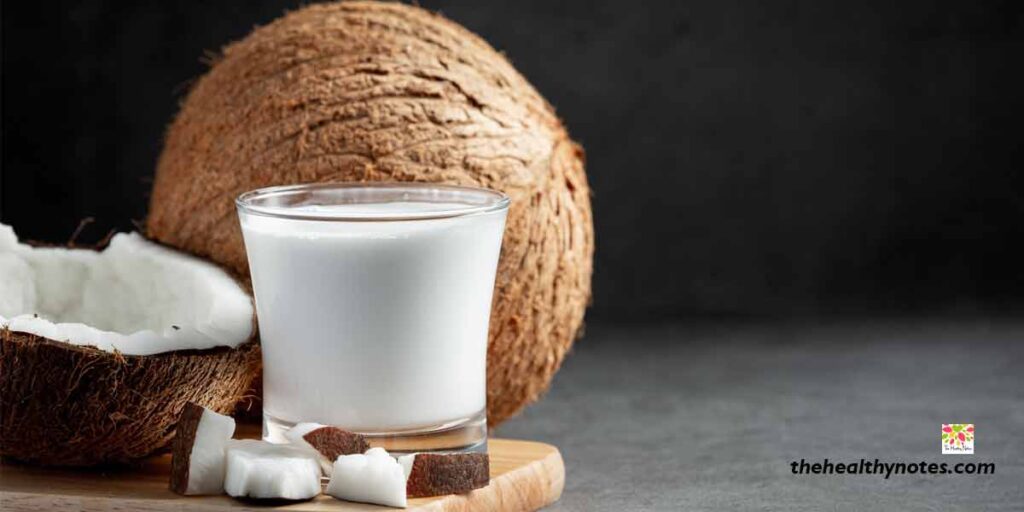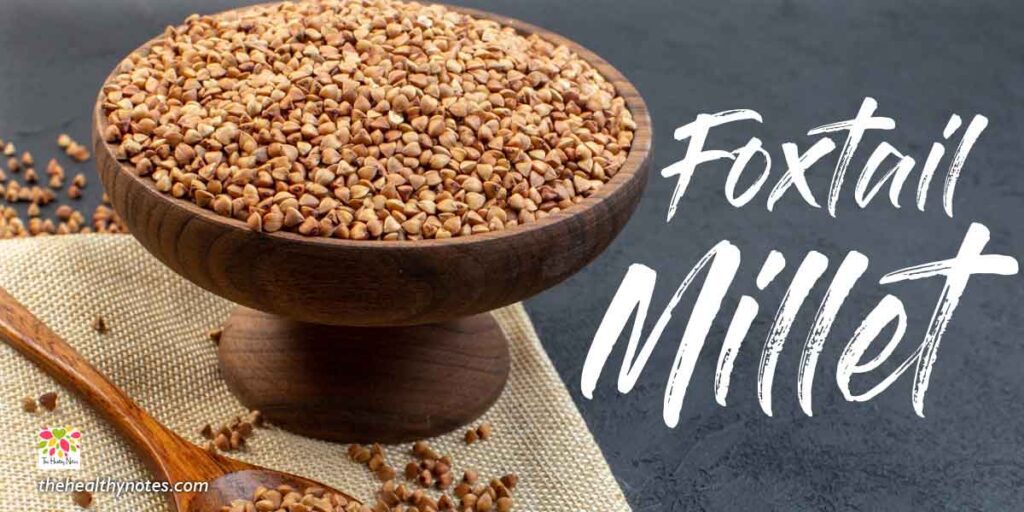
What is Cocout Powder?
This question is ofently asked by the people that “What is Coconut Powder?”
Coconut powder is like tiny pieces of coconut that have been dried up. It’s a bit like the coconut you eat in snacks or desserts, but it’s dry and can be used in many different kinds of cooking.
You can use it when you bake cakes or cookies to make them taste like coconut. It can also be used to make coconut milk or cream for drinks and recipes. Some people sprinkle it on their food to give it a coconut flavor, and you can even use it to make things crispy when you fry them.
It’s good for you because it has things your body needs like fiber and certain fats, and it doesn’t have much sugar. Plus, it’s safe for people who can’t eat foods with gluten.
So, It is like a handy kitchen ingredient that adds a yummy coconut taste to lots of different foods and drinks.
It is created through a simple process that involves removing the moisture from coconut meat, resulting in a dry, granulated, or powdery texture.
What is Coconut Powder Milk: A Nutritious Alternative
Coconut powder milk, often referred to as coconut milk powder, is a convenient and versatile ingredient that brings the creamy goodness of coconut milk to your kitchen without the need for refrigeration. It’s a fantastic option for those who enjoy the rich, tropical flavor of coconut but prefer a more accessible and shelf-stable form.
How It’s Made?
Coconut powder milk is created through a process that involves extracting the moisture from coconut milk, resulting in a fine powder. This process not only extends its shelf life but also preserves the flavor and nutritional benefits of fresh coconut milk.

Coconut Milk vs Coconut Milk Powder
| Aspect | Coconut Milk | Coconut Milk Powder |
| Form | Liquid extracted from grated coconut flesh | Dehydrated form of coconut milk |
| Composition | Mixture of coconut water and coconut cream | Primarily coconut milk solids with reduced water content |
| Shelf Life | Limited shelf life once opened; must be refrigerated | Long shelf life, no refrigeration needed |
| Culinary Applications | Versatile; used in sweet and savory dishes, including curries, soups, desserts, and beverages | Versatile; used in similar recipes as liquid coconut milk, including curries, soups, desserts, etc. |
| Dilution | Adjustable by diluting with water to achieve desired consistency | Reconstituted by mixing with water to achieve desired consistency |
| Convenience | Ready-to-use liquid form | Dehydrated and easy to store; convenient for travel or areas without refrigeration |
5 Health Benefits of Coconut Powder
1. Dietary Fiber: It is a good source of dietary fiber, which aids digestion and helps you feel full, potentially assisting in weight management.
2. Healthy Fats: It contains healthy fats, including medium-chain triglycerides (MCTs), which can provide quick energy and may have potential health benefits like improved brain function.
3. Minerals: It is rich in essential minerals such as iron, potassium, and magnesium, supporting various bodily functions.
4. Gluten-Free: Being naturally gluten-free, it’s suitable for those with gluten sensitivities or celiac disease.
5. Low Sugar: It has a low sugar content, making it a better option for those looking to reduce sugar intake.
5 Uses of Coconut Powder
1. Baking: It is a fantastic addition to your baking adventures. It can be used in cookies, cakes, muffins, and bread to infuse them with a delicious coconut flavor and add moisture.
2. Cooking: In savory dishes like curries, stews, soups, and rice dishes, it provides a creamy texture and imparts a tropical coconut taste.
3. Beverages: You can make coconut milk or cream by mixing it with water, adding a tropical twist to smoothies, cocktails, and various beverages.
4. Desserts: It’s a key ingredient in making creamy desserts like puddings, ice creams, custards, and candies, enhancing their taste with a rich coconut profile.
5. Coatings and Toppings: In some cuisines, it is used to coat fried foods like shrimp or chicken, or as a topping for dishes such as fruit salads, yogurt, or oatmeal.

3 Side Effects of Coconut Powder
While it is generally safe for most people, some potential side effects may include:
1. Allergies: Individuals with nut allergies should exercise caution when consuming coconut products, as coconut is considered a tree nut.
2. Caloric Density: It is calorie-dense due to its fat content, so moderation is key if you’re watching your calorie intake.
3. Digestive Issues: In large quantities, coconut products can cause digestive discomfort like bloating or diarrhea in some individuals, especially if they’re not used to consuming high-fiber foods.
9 Coconut Powder recipes
It can be used in a wide range of recipes, both sweet and savory, to infuse them with a delightful coconut flavor and aroma. Here are some delicious recipes:
1. Coconut Milkshake:
Ingredients: Coconut powder, milk, sugar or honey, ice cubes.
Instructions: Blend coconut powder, milk, sweetener, and ice cubes until smooth. Garnish with shredded coconut.
2. Coconut Rice Pudding:
Ingredients: Rice, coconut powder, milk, sugar, vanilla extract.
Instructions: Cook rice in coconut milk with sugar and vanilla, then stir in coconut powder for added flavor and creaminess.
3. Coconut Macaroons:
Ingredients: Coconut powder, egg whites, sugar, vanilla extract.
Instructions: Mix coconut powder, egg whites, sugar, and vanilla, then shape into small mounds and bake until golden brown.
4. Coconut Pancakes:
Ingredients: Pancake mix, coconut powder, milk, eggs.
Instructions: Add the powder to your pancake mix, then prepare pancakes as usual. Top with shredded coconut and syrup.
5. Coconut Curry:
Ingredients: Chicken, vegetables, coconut powder, curry spices, coconut milk.
Instructions: Sauté chicken and veggies, add the powder and curry spices, then stir in coconut milk for a rich and flavorful curry.
6. Coconut-Crusted Chicken:
Ingredients: Chicken breast, coconut powder, breadcrumbs, eggs, seasoning.
Instructions: Dip chicken in beaten eggs, then coat with a mixture of powder, breadcrumbs, and seasoning. Bake until crispy.
7. Coconut Rice:
Ingredients: Rice, water, coconut powder, salt.
Instructions: Cook rice with water, salt, and a touch of the powder for a subtly coconut-flavored side dish.
8. Coconut-Crusted Fish:
Ingredients: White fish fillets, coconut powder, flour, eggs, seasoning.
Instructions: Coat fish in flour, dip in beaten eggs, and then coat with a mixture of coconut powder and seasoning. Pan-fry until golden and crispy.
9. Baking with Coconut Powder:
a. Coconut Cookies:
Ingredients: Butter, sugar, coconut powder, flour, baking soda, eggs.
Instructions: Cream butter and sugar, add eggs, then mix in the powder, flour, and baking soda. Bake into cookies.
b. Coconut Cake:
Ingredients: Flour, sugar, coconut powder, butter, eggs, baking powder, coconut milk.
Instructions: Mix ingredients, bake, and frost with coconut-flavored icing.
c. Coconut Muffins:
Ingredients: Flour, sugar, coconut powder, baking powder, eggs, milk, oil.
Instructions: Combine dry and wet ingredients, bake into muffins, and sprinkle with shredded coconut.

7 Substitutes for Coconut Powder
1. Shredded or Desiccated Coconut: For recipes where It is used as a topping, garnish, or for texture, shredded or desiccated coconut can be an excellent substitute
2. Coconut Flour: In some recipes, coconut flour can work as a substitute for coconut powder. Coconut flour is finer and drier than its powder.
3. Coconut Extract or Flavoring: When you need to replicate the coconut flavor without the texture, coconut extract or flavoring can be used. It’s highly concentrated, so start with a small amount and add more to taste.
4. Coconut Cream or Milk (Liquid): If you’re using coconut powder for its creamy texture and coconut flavor, you can often substitute canned or carton coconut cream or milk in liquid form.
5. Almond Flour or Almond Meal: In recipes where the coconut flavor is not crucial, almond flour or almond meal can provide a similar texture and nutty flavor.
6. Almond Extract or Almond Flavoring: When you want a nutty flavor without the coconut, almond extract or flavoring can work as a substitute.
7. Vanilla Extract: In recipes where coconut flavor is secondary, and a hint of sweetness is acceptable, vanilla extract can be used as a flavor enhancer.
Conclusion: What is Coconut powder?
It is a versatile and nutritious product derived from dried and ground coconut meat. It has gained popularity in various culinary applications, thanks to its rich coconut flavor and numerous health benefits. Whether used as a flavor enhancer in cooking, a thickening agent in curries and soups, a base for coconut milk, or a key ingredient in desserts and baked goods, coconut powder adds a delightful tropical twist to a wide range of dishes.
Frequently Asked Questions (FAQs):
Is coconut powder the same as coconut flour?
No, they are not the same. Coconut flour is finer and contains less fat than coconut powder.
How do I make coconut milk from coconut powder?
To make coconut milk, mix coconut powder with warm water in a 1:2 ratio (1 part coconut powder to 2 parts water). Stir until well combined, then strain the mixture to remove any remaining solid particles.
Can I use coconut powder as a substitute for shredded coconut in recipes?
Yes, you can often use it as a substitute for shredded coconut in recipes. Just keep in mind that coconut powder is drier, so you may need to adjust the liquid content in your recipe accordingly.
Is coconut powder suitable for a keto diet?
Yes, it can be suitable for a keto diet due to its low carbohydrate content and healthy fats.
Is coconut powder healthy?
Coconut powder, like many coconut-derived products, has both nutritional benefits and considerations, and whether it is considered healthy depends on various factors, including your dietary needs and overall diet.


1 thought on “What is Coconut Powder? Benefits, uses, 3 Side Effects”